Pebble Tile in Shower keeps growing Mold
13 years ago
Featured Answer
Sort by:Oldest
Comments (7)
- 13 years agolast modified: 9 years ago
- 13 years agolast modified: 9 years ago
Related Professionals
Pleasanton Kitchen & Bathroom Designers · Bay Shore Kitchen & Bathroom Remodelers · Independence Kitchen & Bathroom Remodelers · Jacksonville Kitchen & Bathroom Remodelers · Tulsa Kitchen & Bathroom Remodelers · York Kitchen & Bathroom Remodelers · Fort Myers Glass & Shower Door Dealers · Malden Glass & Shower Door Dealers · Springfield Glass & Shower Door Dealers · South Miami Heights Glass & Shower Door Dealers · Kissimmee Glass & Shower Door Dealers · North New Hyde Park Cabinets & Cabinetry · Fremont Window Treatments · Inwood Window Treatments · Oakland Window Treatments- 13 years agolast modified: 9 years ago
- 13 years agolast modified: 9 years ago
- 13 years agolast modified: 9 years ago
- 13 years agolast modified: 9 years ago
Related Stories
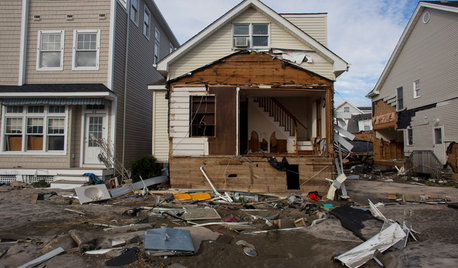
DISASTER PREP & RECOVERYHow to Combat Mold in a Flooded House
Before you rebuild or restore your water-damaged home, take these steps to keep mold at bay
Full Story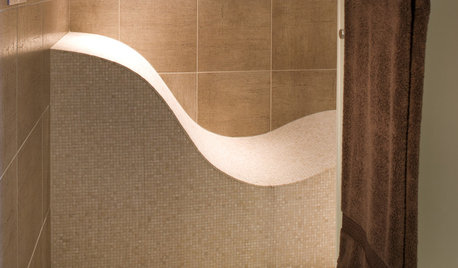
REMODELING GUIDESTop 10 Tips for Choosing Shower Tile
Slip resistance, curves and even the mineral content of your water all affect which tile is best for your shower
Full Story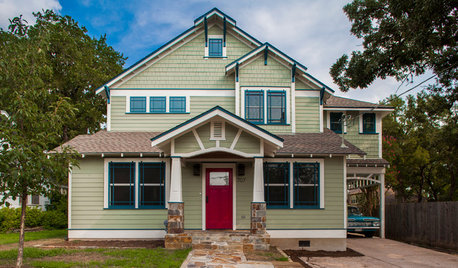
CRAFTSMAN DESIGNHouzz Tour: A Craftsman Cottage Expands for a Growing Family
Not wanting to give up a house full of memories, a Texas family chooses to build up and out
Full Story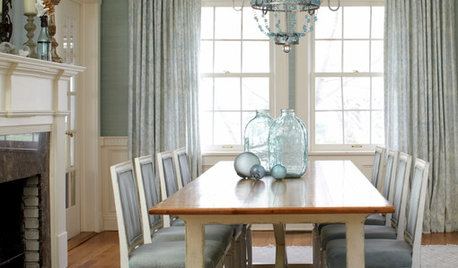
REMODELING GUIDESRoom of the Day: Antiques Help a Dining Room Grow Up
Artfully distressed pieces and elegant colors take a formerly child-focused space into sophisticated territory
Full Story
HOUSEPLANTSOrchids 101: How to Keep Your Moth Orchids Alive and Blooming
Growing Phalaenopsis — and getting it to flower again — is easier than you might think
Full Story
HOUSEPLANTSHow to Grow Orchids Indoors
Orchids are the exotic aristocrats of the flower world and can make themselves comfortable in almost any home
Full Story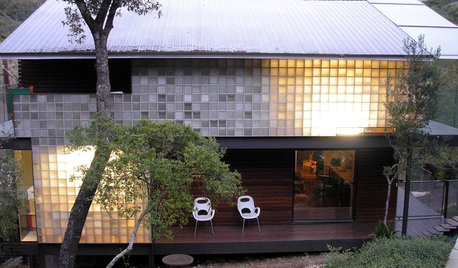
REMODELING GUIDESGreat Material: Glass Block Grows Up
See how designers are using the humble glass block for privacy, pattern and light
Full Story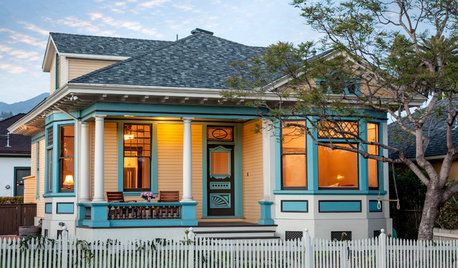
TRADITIONAL HOMESHouzz Tour: Historic Victorian Grows to Fit Its Family
Instead of leaving their downtown Santa Barbara home for the suburbs, a couple decided to stay put and add space
Full Story
HOUZZ TOURSMy Houzz: A Grand Overhaul for a Growing Family
A suburban home's top-to-bottom remodel creates plenty of room for entertaining and for little ones
Full Story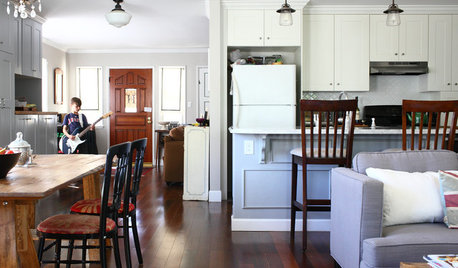
HOUZZ TOURSMy Houzz: 1940s Fixer-Upper Grows Up With the Family
After living in their post–World War II house for 8 years, a couple transform it into a home that works for their family today
Full Story
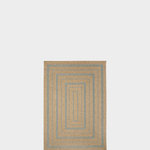

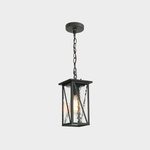




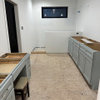

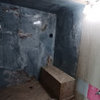
mydreamhome